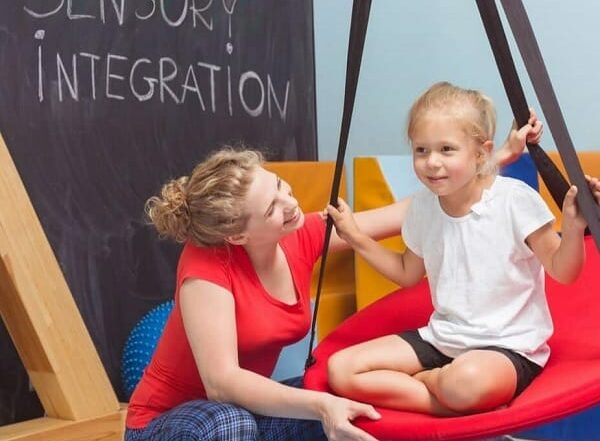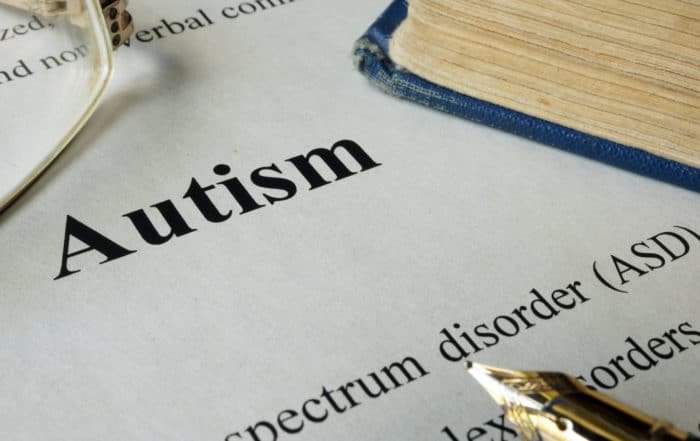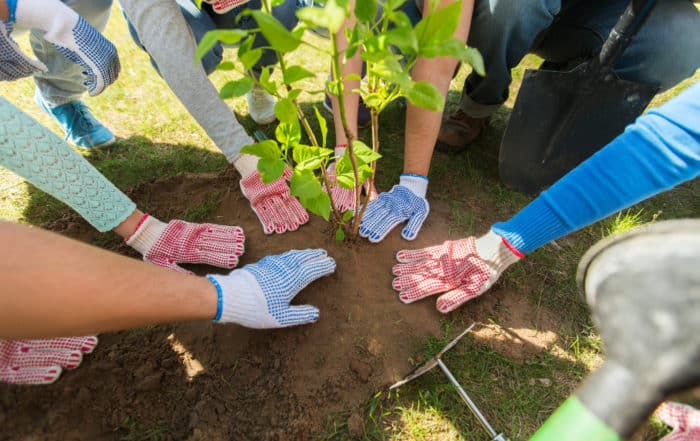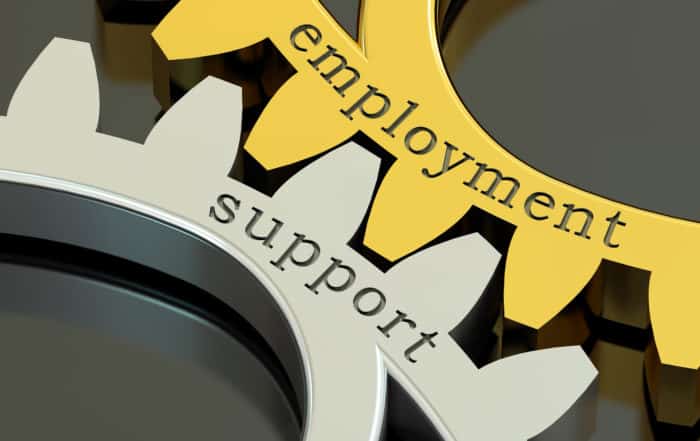
Peter Vermeulen, Ph.D., considers a positive approach to psychoeducation for autistic individuals. He draws on over 25 years of experience to illustrate contemporary changes in autism intervention focus and discourse. The speaker outlines critical characteristics of autism psychoeducation and underscores the need to create measurements and questionnaires based on well-being and happiness. He outlines a new psychoeducation program for autism, focusing on skill development, self-understanding, and quality of life. Vermeulen outlines critical understandings to inform positive psychoeducation before the Q&A session.
Printable handouts (.pdf) are online HERE
This is a joint presentation by ARI and the World Autism Organisation.
In this webinar
0:00 – 6:20 – Introductions
6:40 – Psychoeducation and autism
9:27 – Self-knowledge in autism
12:00 – Shifting the focus of psychoeducation
14:50 – Pychoeducation must be meaningful and functional
18:15 – Pychoeducation must be positive
20:15 – Psychoeducation must be fun and interactive
23:28 – Pschoeducation must put autism into context
28:25 – Psychoeducation must focus on wellbeing
35:30 – Four pillars of psychoeducation for autism
39:00 – H.A.P.P.Y.
41:50 – Q&A
Introduction
Vermeulen defines psychoeducation as the “practice of explaining a diagnosis to people who have the diagnosis” and notes that this is a relatively new area of study within autism (6:40). He draws on past experiences to illustrate how the focus of psychoeducation has shifted over the last quarter century, highlighting that it is autistic people themselves who are entitled to learn about autism first (7:35). The speaker cites a study which found that autistic children “know” they are different and have some notion of what their differences and difficulties are. However, he continues, many have difficulty understanding and developing a nuanced and coherent concept of self (10:34). Vermeulen emphasizes the empowering potential of well-constructed psychoeducation.
Characteristics of psychoeducation
The presenter describes his first published interactive psychoeducation program for autism, entitled, I Am Special (12:00). In the 25 years since its publication, Vermeulen continues, he realized that the focus of autism psychoeducation needed to shift from a clinical explanation and deficit-centered language to include information that autistic people actually need in a way that is easy for them to understand and empowers them to know themselves (13:55). He discusses four critical aspects of successful autism psychoeducation:
Make it meaningful and functional
The word functional, in this sense, means that a given program is administered in a way that participants can relate to the information and, therefore, apply it to their lives almost immediately (14:50). He underscores that abstract and general information does not teach coping skills and that we must use language that reinforces self-understanding and builds navigating/coping skills (16:00). He provides this example:
Instead of: You have difficulty with these kinds of situations.
We say: These kinds of situations can be difficult for you because of the sensory environment and… These are some things you can try that may help with …”
Make it positive
Vermeulen asserts the need to do away with the deficit perspective/discourse and focus on the positive aspects of autism. Individuals need to understand the benefits of their differences and their strengths. There are several positive autistic role models in the media. However, he continues, referring to things an individual can realistically achieve is also essential. Most people aren’t geniuses, so personal goals should be attainable – make it positive, but be honest (18:15).
Make it fun and interactive
The presenter states that activities in autism psychoeducation programs should be interactive and encourage participants to do something. In his first publication, I Am Special, the activities were simple worksheets like those children receive in school, which can be boring and tedious (20:15). Vermeulen asserts the benefits of including activities that involve the surrounding environments. For example, he continues, have someone trace their body on a large piece of paper and then measure the lengths of each part (22:14).
Put autism into context
Vermeulen reminds viewers that autism is not the only title autistic people wear; it is not their sole defining characteristic. He urges families and practitioners not to make autism bigger than it is. This diagnosis is only part of each person, and psychoeducation programs must be sure to put this in context (23:28). The speaker recounts an interaction with someone who hated the I Am Special course because he didn’t want to be special; he wanted to be just like everyone else (25:00).
Focus on wellbeing
He touches on the concept of neuroharmony and the need to focus on our commonalities instead of our differences (26:15). Maslow’s Hierarchy of Needs says that we all have physiological needs and safety needs, we all want to belong, have self-esteem, and be fulfilled (30:00). Vermeulen asserts that in terms of behavior, mind, and necessities, no one person is so different from the next.
A recent study on autism intervention goals found that most investigations used DSM-5 criteria or other behavioral characteristics as success measurements. Such measurements have no correlation with quality of life (QoL), age, IQ, or symptom severity (32:00). Another study found that parents and autistic children would like intervention goals to include things like happiness, self-esteem, and mental health management (33:00). The presenter asserts the need to develop questionnaires and intervention goals based on what makes autistic people happy, not about their difficulties or differences (34:30). He urges families and practitioners to shift focus from being “less autistic” to being “autistically happy.”
H.A.P.P.Y.
Vermeulen describes his most recent psychoeducation program as an autism-friendly plan for well-being. It encompasses the aspects outlined above and has adapted evidence-based well-being strategies for autistic individuals (35:30). Vermeulen has created four pillars to inform programs for happiness and well-being for autistic people (37:40):
- Happiness is within reach of all people with autism, regardless of the nature and profile of their autism, their intellectual abilities, and their age
- Evidence-based scientific findings should underpin a program for happiness and well-being
- A program for happiness and well-being should make evidence-based well-being interventions autism friendly
- A program should be individualized and should be what works for you.
His new program, H.A.P.P.Y., uses ten evidence-based well-being strategies, including accepting and loving yourself, Good Feeling toolbox, flow activities, physical exercise, problem-focused and emotion-focused coping strategies, positive thinking, gratitude, kindness, and personal projects (learning something new) (39:00). Versions (online and physical) for children and young adults are available for individuals or groups. There is no fixed number of sessions. The speaker provides concrete examples for a Good Feeling Box and flow activities. He reiterates the need for psychoeducation programs to be more than a list of all the things an individual must do or learn (40:00). Vermeulen summarizes his presentation, underscoring the five critical aspects of psychoeducation (41:15) before the Q&A where he discusses how H.A.P.P.Y. could work for individuals with intellectual disabilities and seniors, how to find what autistic people prefer, and much more (41:50).
The speaker:
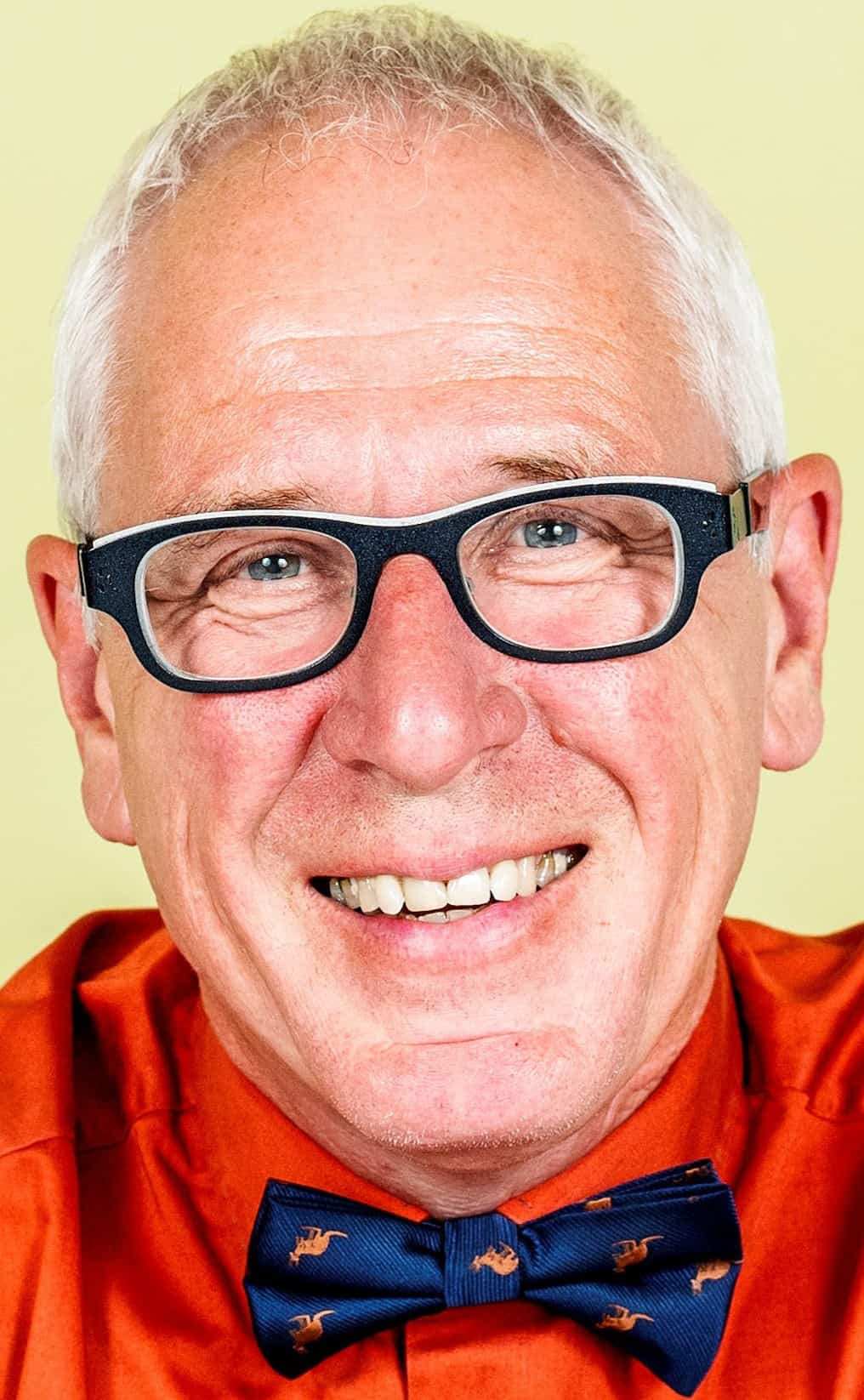
Peter Vermeulen, PhD, in Psychology and Clinical Educational Sciences, has more than 35 years of experience in the field of autism. Founder of “Autism in Context”, where autism is understood in context. Peter is an internationally respected lecturer/trainer and he presents all over the world. Peter wrote more than 15 books and several articles on autism, some of them translated into more than 10 languages. For his +30 years of work in the field of autism, he received in 2019 a Lifetime Achievement Award.
Take the knowledge quiz
Can’t see the quiz below? Take it online HERE
Sensory-Friendly Strategies for Home – Part 2
Moira Peña, BScOT, MOT, OT Reg (Ont.), discusses sensory processing strategies for home. She describes how atypical sensory processing affects lived experiences of individuals with autism and outlines three sensory profiles. Peña dives
Brain & Sensory Processing Differences Across the Lifespan
Fakhri Shafai, Ph.D., M.Ed., discusses sensory differences experienced by individuals with autism across the lifespan. She describes atypical neuronal migration and synaptic pruning and outlines how such differences in brain development lead
Autism Symptoms and Diagnosis in Adults
The mean age of autism diagnosis in the US and UK is 4 to 5, though later diagnoses do occur (Zwiagenbaum et al., 2019). Age at diagnosis depends upon variables such as
Choosing Toys for a Child with Autism
If you find yourself shopping for a child with autism spectrum disorder, you might wonder about if there are certain toys and gifts are better than others. When choosing a gift for
Capacity-Building in Adult Services
Linda Walder Fiddle, founder of The Daniel Jordan Fiddle Foundation, possesses singular optimism and vision when it comes to advancing the quality of life and citizenship for adults with autism spectrum disorders.
Employment and Autism Tips
Temple Grandin, PhD during a 2015 interview with ARI The autism spectrum is extremely variable ranging from a person who remains non-verbal to a brilliant scientist. In my work as


